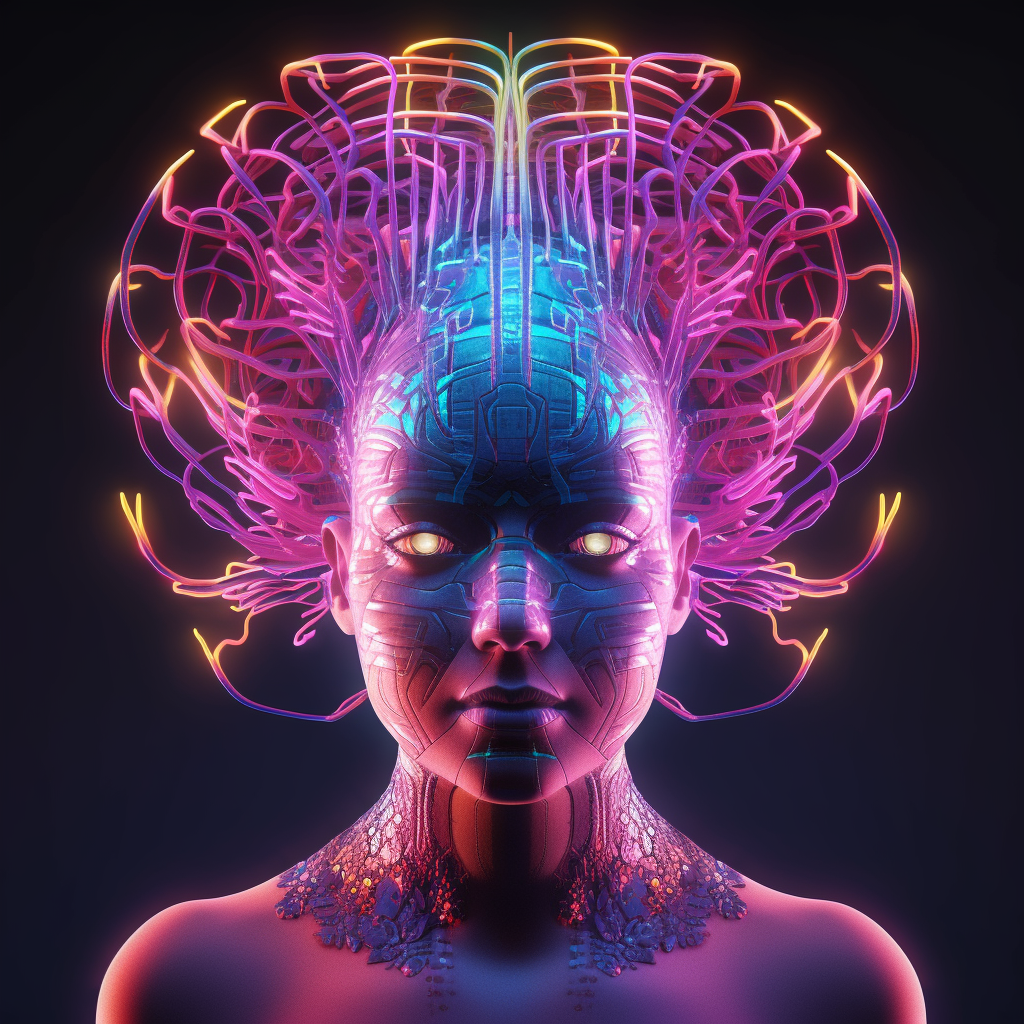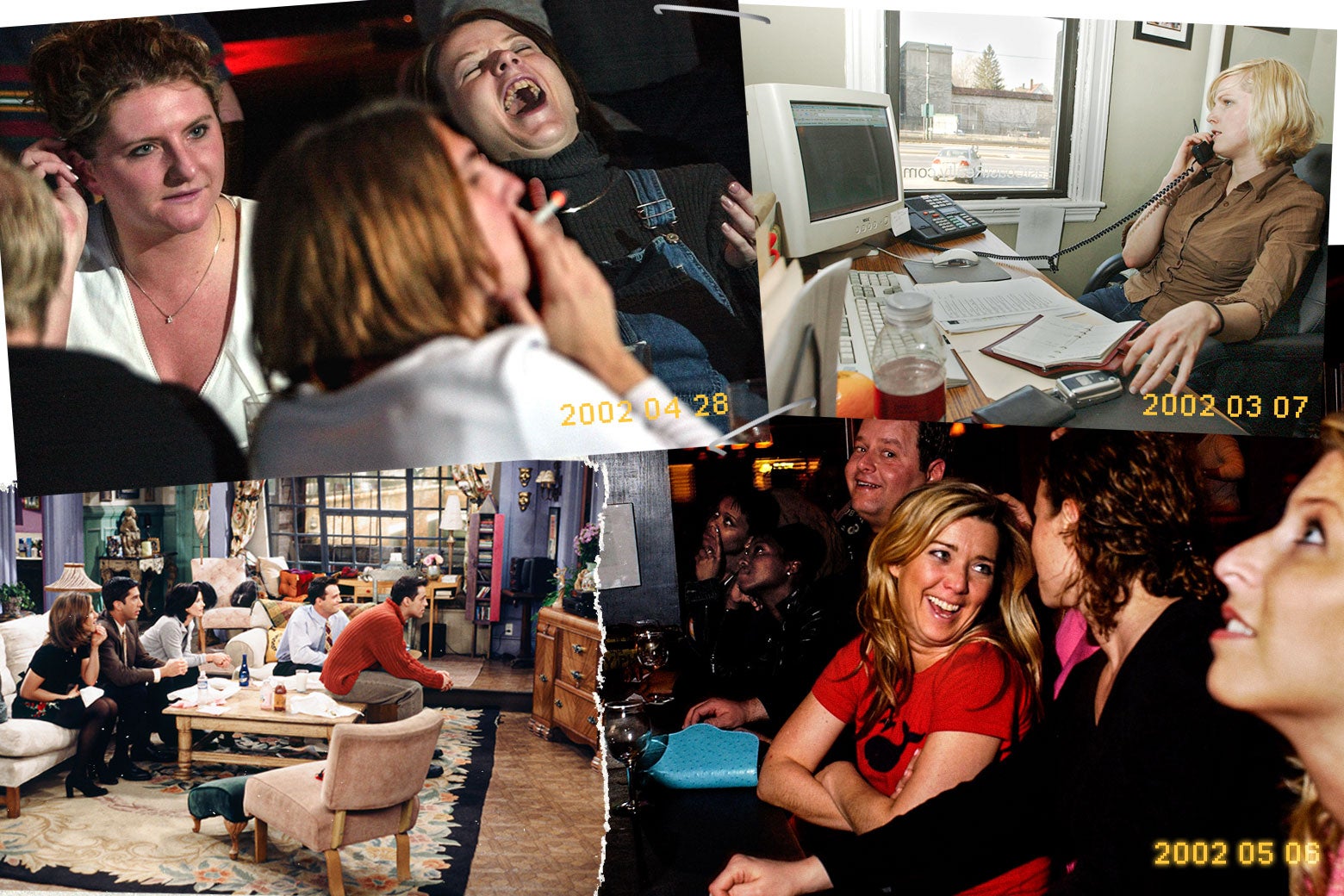TL;DR (by GPT-4 🤖):
- The author reminisces about life before the ubiquity of cellphones and the internet, particularly focusing on the after-work hours.
- The concept of being unreachable after work hours is alien to younger generations who are constantly connected and expected to be available at all times.
- The author and his peers recall the days when work emails didn’t exist, and work communication was restricted to work hours only.
- The article highlights how the growth of remote work and the pandemic have blurred the boundaries between work and personal time, with a survey suggesting that U.S. workers were logged into their employers’ networks 11 hours a day in 2021, up from 8 hours pre-pandemic.
- The author interviews people of his age group about their experiences around 2002, when they were about 27 years old. They recall waking up just in time for work, commuting with newspapers or books, and using work phones for personal calls.
- After work, they would engage in activities like swing dancing, improv classes, or simply visiting friends. Plans were made over the phone or via work email, and people were less likely to flake as there was no option to send a last-minute text.
- They recall the days of watching whatever was on TV, renting movies from Blockbuster, and playing games on their desktop computers.
- The article concludes with a reflection on how different life was before the internet and cellphones became a constant presence in our lives.



This mostly gibes with my experience around that time, when I was in college, working for a year, then back to school. It’s a bit over-nostalgic though, and some of those “fond memories” were a goddamn pain in the ass.
In the end, people and the world are what they are. You work to change them to the best of your ability, and you exist in the meantime. Stuff like this is fun to recall for the people who remember it, and I assume it’s amusing for the younger folks to imagine how it worked, but in the end, it’s always folks trying to get by and live life and find a way to fit in somewhere, and you just hope that the new technology solves two problems for every one that it creates.